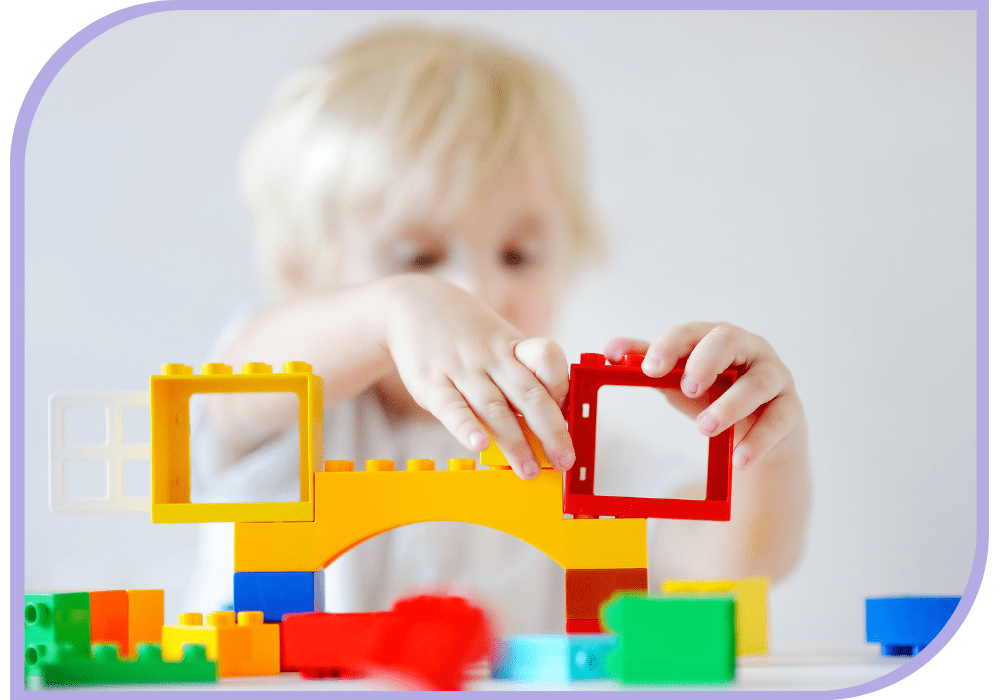Supporting our children’s emotions is crucial for their well-being and development. In this blog, we…

Play Based Therapy Approach
Unlock the Power of Play: How Speech Therapists Transform Lives with Play-Based Therapy 🎈✨
In the heart of every child’s laughter and the midst of their imaginative play lies a powerful tool for growth and learning. For speech therapists, play is not just a break from learning; it’s where the most profound learning happens. Here’s why play-based therapy is a game-changer in the world of speech therapy.
- Building Blocks of Communication
Play-based therapy stands on the idea that play is the natural language of children. Through play, children express themselves, interact with the world, and navigate their feelings. For speech therapists, using play as therapy allows them to enter a child’s world on their terms, making the process of learning to communicate less daunting and more engaging.
- A Mirror to Real Life
Life is a series of complex social interactions and emotional exchanges. Through play-based therapy, children learn these intricate dance steps of communication in a setting that mirrors real life yet remains safe and controlled. It’s a space where mistakes are just stepping stones to learning, allowing children to build confidence in their abilities to express themselves.
- Tailored to Every Child’s Needs
Each child is unique, with their own interests, strengths, and challenges. Play-based therapy allows speech therapists to tailor their approach to fit each child perfectly. Whether it’s through action figures, storybooks, or puzzles, each activity is chosen with the child’s specific developmental goals in mind, making therapy feel like anything but.
- Engaging Multiple Learning Channels
Children learn best when they’re engaged on multiple levels. Play-based therapy does just that, stimulating auditory, visual, and kinesthetic channels all at once. This multisensory approach enhances learning, making it more likely for improvements in speech and language to stick.
- Strengthening the Parent-Child Bond
At its core, play is a shared joy, and play-based therapy often includes parents in the process. This not only helps reinforce learning at home but also strengthens the bond between parent and child. It’s a beautiful reminder that the most profound connections are built through the simple act of playing together.
In Conclusion: A Bridge to Better Communication
For speech therapists, play-based therapy is more than a method—it’s a belief in the power of play to open doors to better communication. It’s about seeing each child’s potential and using the universal joy of play to reach it. In the world of speech therapy, play is indeed serious business, but it’s also a reminder that the most effective learning is filled with joy, imagination, and wonder.
Join us in embracing the transformative power of play-based therapy. Because when we play, we open a world of possibilities for every child to find their voice and share it with the world.


